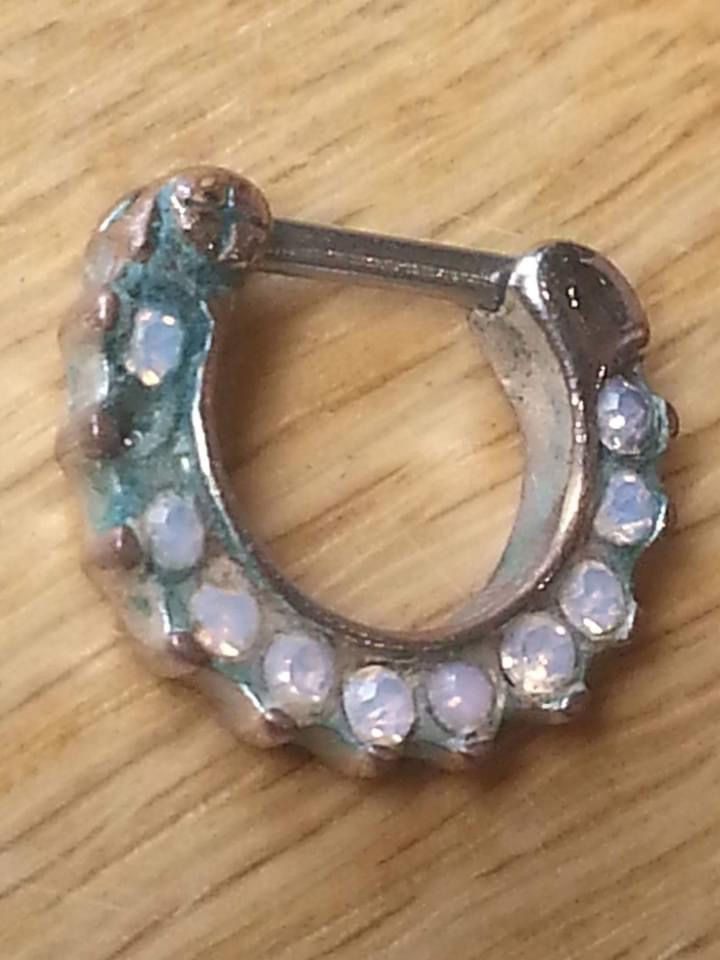Why Body Piercing Courses in the UK Are a Potential Risk — and What You Should Know
- voodoobodypiercing
- Sep 1, 2025
- 2 min read

In recent years, “learn to pierce in a weekend” and “fast-track piercing courses” have become increasingly common across the UK. These short, body piercing courses promise to transform complete beginners into “professional piercers” in a matter of days. For those eager to start a career, it might seem like an appealing shortcut.
At Voodoo Body Piercing, North Devon’s first and only members of both the APP (Association of Professional Piercers) and the UKAPP (United Kingdom Association of Professional Piercers), we know that piercing is far more complex — and far more serious — than these courses suggest. Here’s why we believe short training courses are not only misleading, but potentially dangerous for clients and damaging for the industry.
⸻
1. Piercing is a Profession, Not a Quick Skill
Professional body piercing requires a deep understanding of human anatomy, tissue healing, aseptic technique, and sterilisation. This knowledge is gained through in-depth apprenticeships, not rushed lessons.
A weekend or two-week course cannot replicate the months — sometimes years — of supervised, hands-on training needed to develop safe, precise technique.
⸻
2. Safety Standards Take Time to Learn
Every piercing carries inherent risks, from infection to permanent tissue damage. A true professional works tirelessly to minimise these risks by following strict hygiene protocols, using the highest quality jewellery (such as ASTM F-136 titanium and solid gold), and understanding safe placement for every piercing type.
Many short courses fail to cover these vital areas in depth, leaving graduates unprepared to work safely.
⸻
3. Beware of “Certificates” That Hold No Weight
Some body piercing courses in the UK advertise impressive-sounding “accreditation” or “certification.” However, the APP and UKAPP do not recognise short courses. No serious professional studio will see these certificates as proof of skill or safety. For clients, this creates a dangerous illusion of competence.
⸻
4. The Cost to the Industry and Clients
We regularly see the results of poor training — crooked placements, unsuitable jewellery, preventable infections, and unhappy clients. These mistakes not only harm individuals but also damage public trust in professional piercing as a whole.
⸻
5. The Professional Route to Becoming a Piercer
If you are passionate about becoming a body piercer, the safest, most respected route is a professional apprenticeship under an experienced piercer — ideally at an APP or UKAPP member studio. This method is longer, more demanding, and far more rigorous, but it ensures you gain the technical knowledge, professional ethics, and safety skills needed to work at the highest standard.
⸻
Final Word from Voodoo Body Piercing, Barnstaple
Body piercing is permanent body modification — and it deserves to be treated with the same seriousness as any other invasive procedure. No weekend course can turn a beginner into a safe, skilled piercer.
At Voodoo Body Piercing, we remain committed to excellence, integrity, and client safety. We believe that proper training, high-quality materials, and strict hygiene are non-negotiable — and that’s what every client deserves.




Comments